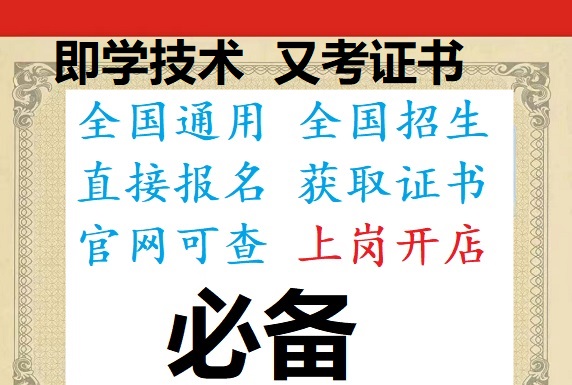
The content of the examination for the Certificate in Traditional Chinese Medicine (TCM) Prevention, Health Care and Adjustment Technician is as follows:
1、Introduction to TCM theory and principles: This part covers the basic theories and principles of TCM, including the concepts of yin-yang, qi, meridians, acupoints, and herbal medicine. It also includes an overview of the history and development of TCM.
2、TCM diagnosis and treatment methods: This section focuses on the various diagnostic techniques used in TCM, such as pulse diagnosis, tongue diagnosis, and observation of facial features. It also covers the different treatment methods, including acupuncture, moxibustion, cupping, massage, and herbal medicine.
3、Health preservation and disease prevention: This part emphasizes the importance of maintaining good health through healthy lifestyle habits, such as regular exercise, balanced diet, adequate sleep, and stress management. It also discusses how to prevent common diseases through TCM methods, such as boosting immunity, regulating digestion, and promoting blood circulation.
4、Health education and communication skills: This section teaches candidates how to effectively communicate with patients about their health concerns and provide them with appropriate advice based on their individual needs. It also covers topics such as patient interviewing, counseling, and referral.
5、Legal and ethical considerations in TCM practice: This part explains the legal and ethical requirements for practicing TCM in China, such as obtaining necessary licenses and permits, respecting patient privacy, and avoiding false advertising or unlicensed practices.
6、Practical skills training: This section provides hands-on training in various TCM skills, such as acupuncture insertion, moxibustion application, herbal preparation, and massage techniques. Candidates will have the opportunity to practice these skills under the guidance of experienced instructors.
7、Knowledge of related fields: This part covers topics that are relevant to TCM practitioners, such as nutrition science, sports medicine, gynecology and obstetrics (for women's health), and pediatrics (for children's health).
8、Case studies and analysis: This section involves analyzing real-life scenarios and providing solutions based on TCM principles. Candidates will be required to evaluate different cases and determine the most appropriate course of treatment for each individual patient.
9、Written examination: The written examination consists of questions related to TCM theory, diagnosis and treatment methods, health preservation and disease prevention, health education and communication skills, legal and ethical considerations, practical skills training, knowledge of related fields, case studies, and analysis.
10、Practical examination: The practical examination involves performing various TCM skills on live patients under the supervision of experienced instructors. Candidates will be evaluated based on their accuracy, efficiency, and safety in carrying out these skills.
11、Final evaluation: Upon completion of both the written and practical exams, candidates will undergo a final evaluation by a panel of judges to determine their eligibility for the Certificate in Traditional Chinese Medicine (TCM) Prevention, Health Care and Adjustment Technician.
In summary, the examination for the Certificate in Traditional Chinese Medicine (TCM) Prevention, Health Care and Adjustment Technician covers a wide range of topics related to TCM theory, diagnosis and treatment methods, health preservation and disease prevention, health education and communication skills, legal and ethical considerations, practical skills training, knowledge of related fields, case studies, and analysis. By passing this exam, candidates can gain the necessary knowledge and skills to work as TCM practitioners and contribute to promoting traditional Chinese medicine in modern society.
